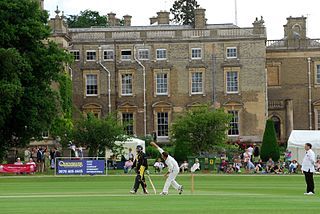From Guest Blogger Nick: Fracking – Controversial Process or Way to Keep UK's Energy Secure

Tax breaks proposed
Fracking has been quite controversial, with various groups lining up both for and against it. Now it certainly is true that there is a lot of fracking going on in the USA and that it has reduced the imports of gas, and in the short term America may even be able to export some of the gas. In Britain the village of Balcombe, in West Sussex has been a flashpoint in the debate, as protests spanning several days have been held against exploratory drilling in the area by a company called Cuadrilla. David Cameron has said that the whole of the country must “get behind fracking”, which ought to get “real public support” once its green energy benefits and energy efficiency benefits are explained. The government has proposed a tax break for fracking companies, as well as financial benefits for local communities. The Department for Energy and Climate Change (DECC) has issued 176 licences to explore for both conventional and unconventional oil and gas on land in the UK.
The difference between the US and the UK
It must be said that the situation in the USA is significantly different to that of the UK. With the larger land mass there is space for larger fields, although even there the problems of rapid depletion of wells and pollution have been apparent.
Concerns
The main protests have concerned the massive use of water and the pollution of water sources, release of dangerous toxins, industrial traffic and disturbance of “beauty spot” rural areas and even allegedly earth tremors. Although the gas produces fewer greenhouse emissions than coal, it is still not a “clean” fuel, and would still be contributing to climate change.
The main argument against fracking, however, is an economic one: it is not clear that many of the existing wells in the USA will have a long life – conventional oil and gas wells usually have a productive life measured in decades – yet some fracking wells’ output falls by 80% in a year, and this means that the wells must be moved and re-drilled to produce more gas. If shale gas were to be produced in the UK it would be sold at the prevailing European gas market price, so even if it was cheaper to produce than conventional gas, the price would not go down (as it would be a small fraction of the total gas consumed in Europe) and the end-result would simply be better profit for the fracking companies.
Economically viable in the UK?
However, at present it is not clear whether fracking is going to be productive enough to be economically viable in the UK. There is too little information available, and the results will only be clear after there are a few years’ data from production wells to scrutinise. Time will tell whether this process is valuable or a side issue.
